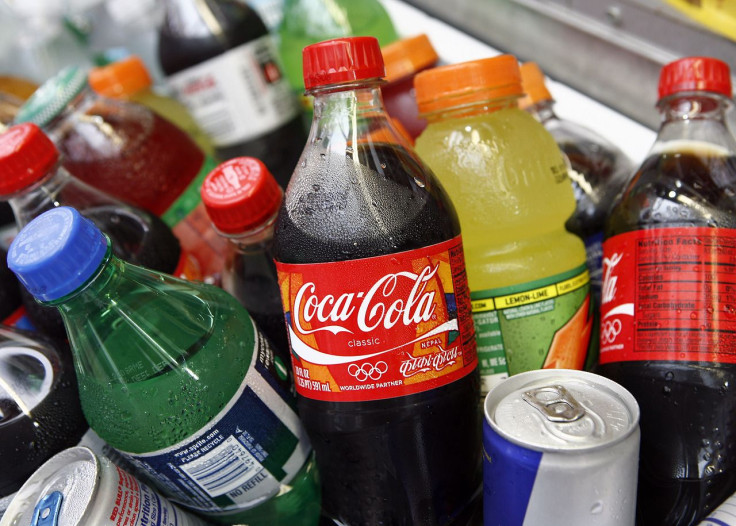TransFat Ban Makes Sense, But New York Soda Ban Does Not: Health Care Blog

Health care policy experts at the Incidental Economist blog slammed a size ban on sodas but defended a government-led removal of harmful trans fats from foods, describing the mixed position as “totally rational.”
“Getting rid of all trans fats is not a trivial thing,” said Indiana University professor Dr. Aaron Carroll in a video released Monday. “Trans fats are significantly more likely to lead to heart disease or even death than other kinds of fats.”
Carroll ridicules a narrow ban on soda sizes in restaurants with a nice chart.

“Is there ANYONE who looks at this and thinks that the thing we need to do it remove the soda? Or shrink it by a few calories to make it smaller? The soda ain’t the problem,” he wrote.
He makes the common criticism that a 12-ounce refillable soda is nonetheless legal, as are two-liter bottles bought in stores, though 16 ounce drinks would theoretically be off-limits. New York has tried to ban sugary drinks larger than 16 ounces, though that decision is still being fought in courts.
“Why is it okay to go to the cheesecake factory and get a farmhouse cheeseburger at 1,530 calories and follow it up with a piece of Ultimate Red Velvet cheesecake for 1,540 calories, but you’re going to ban the 250 calorie soda…?” said Carroll in his video.
“In that case, you’ve already consumed 3,000 calories before you’ve touched a French fry, and it had nothing to do with a soda,” he said.
A general sugar tax is a more sensible option to consider, added Carroll. Carroll’s criticism of soda bans as narrowly targeted resembles complaints by beverage industry lobbyists, who have made the same complaint about taxes on sugar-sweetened drinks generally. Mexico, recently named the world’s fattest country, passed a soda tax in 2013, much to the chagrin of companies like The Coca-Cola Company (NYSE:KO) and PepsiCo, Inc. (NYSE:PEP)
The Food and Drugs Administration (FDA) stepped up its crackdown on transfats late last year. Food companies started voluntarily phasing them out years ago, after a spate of bad publicity.
© Copyright IBTimes 2024. All rights reserved.





















